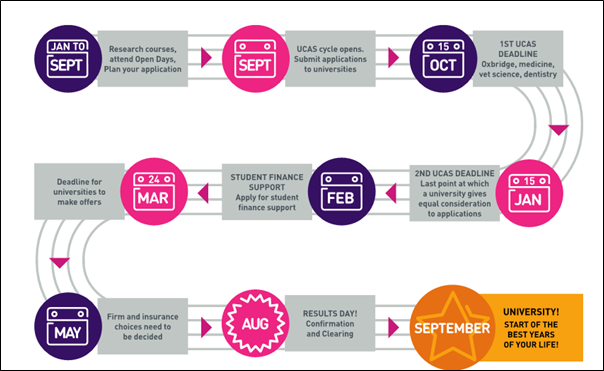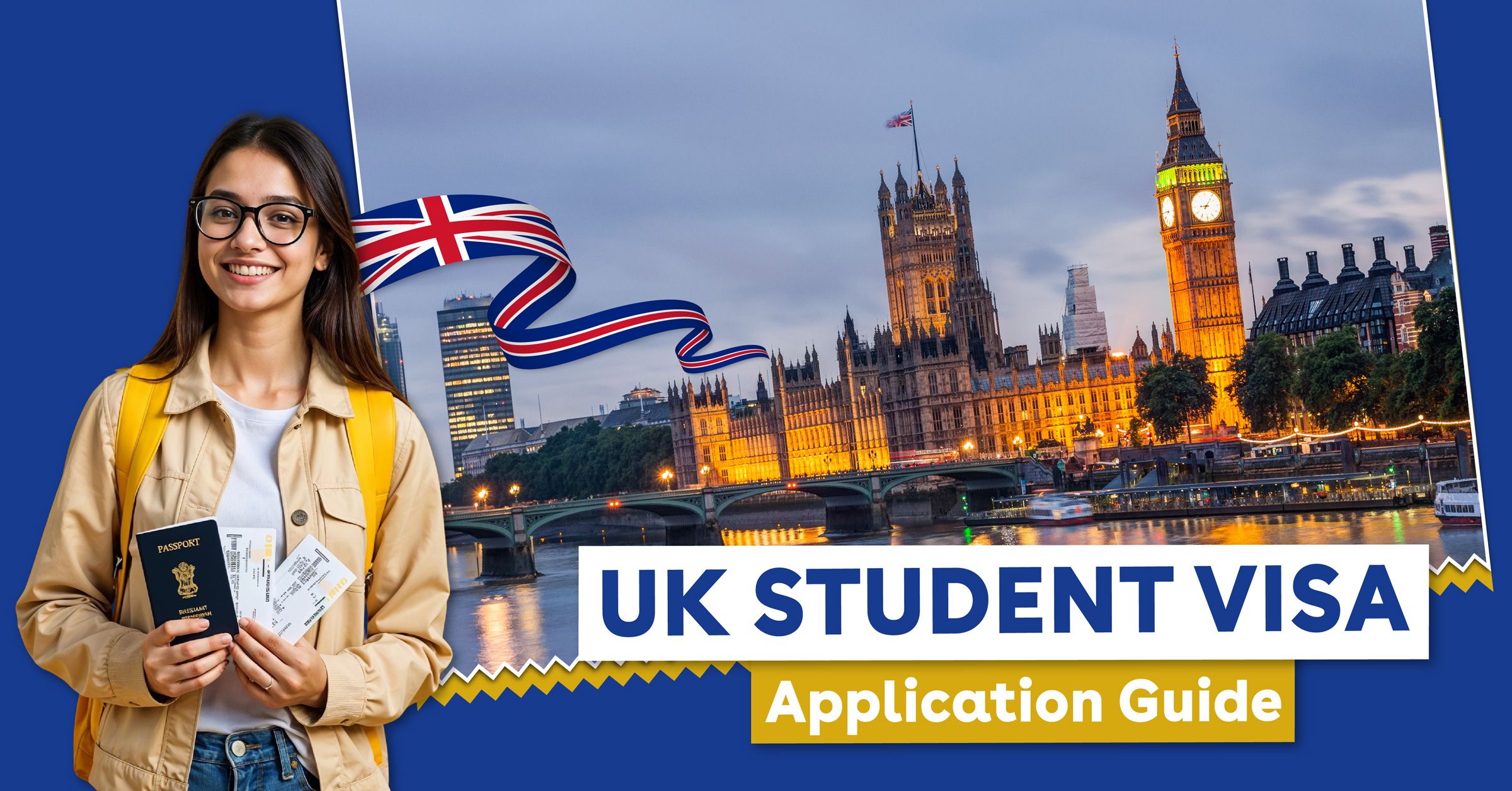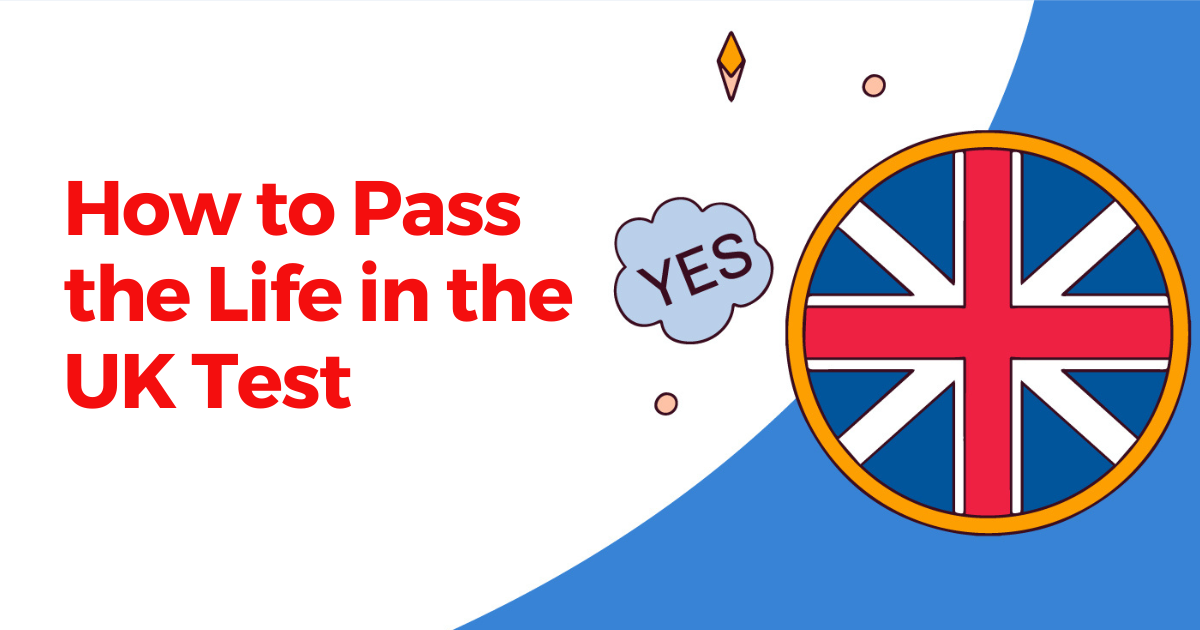How to Study in the UK: Everything You Need to Know
So, you’re considering studying in the UK? That’s an exciting decision—and a smart one too. The United Kingdom has long been a top destination for students from around the world, and it’s not hard to see why. From centuries-old institutions like Oxford and Cambridge to modern, cutting-edge universities in places like Manchester, Edinburgh, and Birmingham, the UK offers a wide range of academic experiences to suit just about every interest, background, and ambition.
Studying in the UK isn’t just about earning a degree—it’s about stepping into a global classroom. You’ll be learning alongside students from all over the world, engaging with top-tier professors, and getting access to some of the best resources and research opportunities on the planet. Whether you’re aiming for a career in science, business, medicine, law, or the arts, a UK degree is highly respected across the globe and can open doors far beyond British borders.
But let’s be honest—figuring out how to actually get there can feel a bit overwhelming, especially if you’re applying from outside the UK. From choosing the right course and applying through UCAS to securing your student visa and finding housing, there’s a lot to think about. And if this is your first time navigating an international education system, it’s easy to get confused by all the different steps and deadlines.

That’s exactly why we put this guide together.
Whether you’re dreaming of walking the cobbled paths of Oxford, living the fast-paced student life in buzzing London or Manchester, or soaking up the ocean breeze at a campus near the coast in Brighton or Bournemouth, this step-by-step breakdown will walk you through everything you need to know about how to study in the UK—from your first Google search to your first day on campus.
You’ll find answers to your questions, tips to help you stand out, and practical advice to keep you on track. No confusing jargon or vague instructions—just clear, honest, and helpful guidance.
So, grab a notebook (or open your Notes app) and let’s dive in. Your UK study adventure starts here.
Why Study in the UK?

Before we dive into the how, let’s talk about the why.
The UK offers:
- Globally recognized universities like Oxford, Cambridge, and Imperial College London
- Shorter degree durations – 3 years for undergrad, 1 year for most master’s degrees
- High academic standards with quality assurance across all institutions
- Multicultural campuses filled with international students from all over the world
- Strong graduate employability, especially in fields like business, law, engineering, and science
- Post-study work opportunities via the Graduate Route Visa
Step-by-Step Guide to Studying in the UK
1. Choose Your Course and University

Your journey begins with figuring out what you want to study and where.
Things to consider:
- Course content and structure: Not all courses are the same—even if they have the same name.
- University ranking and reputation: Check global rankings and subject-specific strengths.
- Location: Do you prefer a big city like London or a quieter campus like St Andrews?
- Student life and clubs: Explore campus culture through virtual tours or student reviews.
Pro Tip: Use the UCAS website (Universities and Colleges Admissions Service) and university course pages to research options.
2. Understand Entry Requirements

Each university and program may have different admission criteria. It’s essential to check:
- Academic qualifications: These must be equivalent to UK standards. You might need A-levels, IB, or an international equivalent.
- English language proficiency: Most courses require IELTS, TOEFL, or equivalent.
- Personal Statement and Reference Letters: Some courses (especially at competitive schools) place a lot of weight on your written statement and academic references.
Advanced Tip: Some degrees, especially in medicine or architecture, may have additional requirements like entrance exams (e.g., UCAT, BMAT).
3. Apply Through UCAS (for Undergraduate Courses)

UCAS is your best friend if you’re applying for undergraduate study in the UK.
Here’s how it works:
- Create a UCAS account at ucas.com
- Choose up to 5 courses (they can be at the same or different universities)
- Fill out your personal details and education history
- Write a personal statement (limit: 4,000 characters)
- Add reference(s) from teachers or counselors
- Submit and pay the application fee
UCAS Key Dates:
- Mid-January: Main deadline for most undergraduate courses
- October 15: Deadline for Oxford, Cambridge, and most medicine/dentistry/vet courses
- June 30: Final deadline (applications after this enter Clearing)
4. Apply Directly (for Postgraduate Courses)

For postgraduate degrees, you usually apply directly to the university via their website.
You’ll typically need:
- A relevant undergraduate degree
- A CV or resume
- A personal statement
- Letters of recommendation
- IELTS/TOEFL scores if English is not your first language
- In some cases, a research proposal (for MPhil/PhD)
Pro Tip: Start preparing 6–9 months before your intended intake—most courses begin in September or October.
5. Secure Your Funding and Scholarships

Tuition in the UK can be expensive, especially for international students, but don’t worry—there are funding options.
Types of funding include:
- University-specific scholarships
- Government-funded awards like Chevening (for postgraduates) and Commonwealth Scholarships
- Merit-based and need-based aid
- Private organizations and NGO funding
Tips to Improve Your Chances:
- Apply early—most scholarships close months before classes start
- Tailor your applications and essays for each scholarship
- Maintain strong academic records
6. Apply for a UK Student Visa (Tier 4 / Student Route)

Once you’ve accepted your university offer, it’s time to apply for a Student Visa.
What you’ll need:
- Confirmation of Acceptance for Studies (CAS) from your university
- Proof of funds: You’ll need to show you can cover tuition + living expenses
- Valid passport
- Proof of English proficiency
- Tuberculosis test results (for students from certain countries)
- Visa application fee + health surcharge
Advanced Tip: Apply at least 3 months before your course begins to allow time for processing.
7. Prepare for Life in the UK

Before you hop on a plane, get ready for your new life.
Must-dos:
- Book accommodation (university halls or private housing)
- Register with a GP (doctor) once you arrive
- Set up a UK bank account
- Get a UK SIM card
- Attend your university’s international orientation
Living costs in the UK:
Expect to spend around £1,000–£1,500/month depending on your city. London will naturally be pricier than smaller towns.
Post-Study Work Opportunities

Here’s some good news: You can stay and work in the UK for up to 2 years after graduating (3 years for PhD students) under the Graduate Route visa.
This is a great opportunity to gain international work experience, explore career options, and decide if you want to switch to a longer-term work visa.
Advanced Tips to Boost Your UK Study Experience
- Network actively: Join student clubs, attend industry events, and use LinkedIn
- Use career services: Every UK university has a dedicated career office
- Take part-time jobs: You can work up to 20 hours/week during term
- Apply for internships: Many UK programs offer work placements (called “sandwich years”)
- Travel smart: Explore Europe using cheap student railcards and budget airlines
- Volunteer: It’s a great way to gain experience and give back
Summary Table: How to Study in the UK
| Category | Details |
|---|---|
| Popular Study Levels | Undergraduate (Bachelor’s), Postgraduate (Master’s, PhD), Foundation Courses |
| Application Platforms | UCAS (Undergraduate), Direct to University (Postgraduate) |
| Top UK Universities | University of Oxford, University of Cambridge, Imperial College London, UCL, University of Edinburgh |
| Required Documents | Academic transcripts, Personal statement, Letters of recommendation, IELTS/TOEFL scores, CV (for postgrad), Passport |
| English Language Tests Accepted | IELTS, TOEFL, PTE, Duolingo (varies by university) |
| Application Deadlines | Oct 15 (Oxbridge/Medicine), Jan 31 (general UCAS), June 30 (final UCAS deadline), Rolling for postgraduate |
| Tuition Fees (Intl. Students) | £10,000–£38,000/year depending on course and level |
| Living Costs Estimate | £1,000–£1,500/month (higher in London) |
| Visa Type | Student Route Visa (formerly Tier 4) |
| Visa Requirements | CAS letter, proof of funds, proof of English proficiency, passport, TB test (if applicable) |
| Work While Studying | Up to 20 hours/week during term, full-time in holidays |
| Scholarship Options | Chevening, Commonwealth, GREAT Scholarships, University-specific awards |
| Post-Study Work Visa | Graduate Route (2 years for undergrads/postgrads, 3 years for PhDs) |
| Intakes | Main intake: September/October; Some courses also start in January/February |
| Duration of Degrees | Bachelor’s: 3 years (4 in Scotland), Master’s: 1 year, PhD: 3–4 years |
| Healthcare Access | NHS coverage included after paying Immigration Health Surcharge |
❓ Frequently Asked Questions (FAQs)
Q1: Do I need IELTS to study in the UK?
Most universities require IELTS or a similar test unless you come from an English-speaking country or studied in English previously. Some universities may accept Duolingo or TOEFL too.
Q2: Can I work while studying in the UK?
Yes! As a student visa holder, you can work up to 20 hours per week during term time and full-time during breaks.
Q3: How long does a UK student visa take to process?
It typically takes 3 weeks, but apply as early as possible to avoid delays.
Q4: What are some of the cheapest universities in the UK for international students?
Some affordable options include:
- University of Chester
- University of West London
- Leeds Beckett University
- Teesside University
- University of Suffolk
Q5: What is the difference between UCAS and direct applications?
UCAS is used for all undergraduate courses, while postgraduate applications go directly through each university.
Q6: Do UK universities accept international students for all degrees?
Yes. Most UK universities have a high percentage of international students and offer degrees across all disciplines.
Final Thoughts: Is Studying in the UK Worth It?
Absolutely. Studying in the UK gives you:
- A world-class education
- Shorter and more focused degree programs
- Global networking opportunities
- A multicultural student experience
- Access to amazing post-study work options
It’s not just about the degree—it’s about growing, exploring, and setting yourself up for a future that could take you anywhere in the world.
So whether you’re drawn to ancient libraries in Scotland, the buzz of London life, or peaceful seaside towns, one thing’s for sure: your UK study adventure is going to be unforgettable.
Quick Checklist to Get Started
- ✅ Choose your course and university
- ✅ Check entry requirements
- ✅ Prepare and submit your application
- ✅ Apply for scholarships and funding
- ✅ Get your student visa
- ✅ Arrange your accommodation and travel
- ✅ Pack your bags—UK bound!
